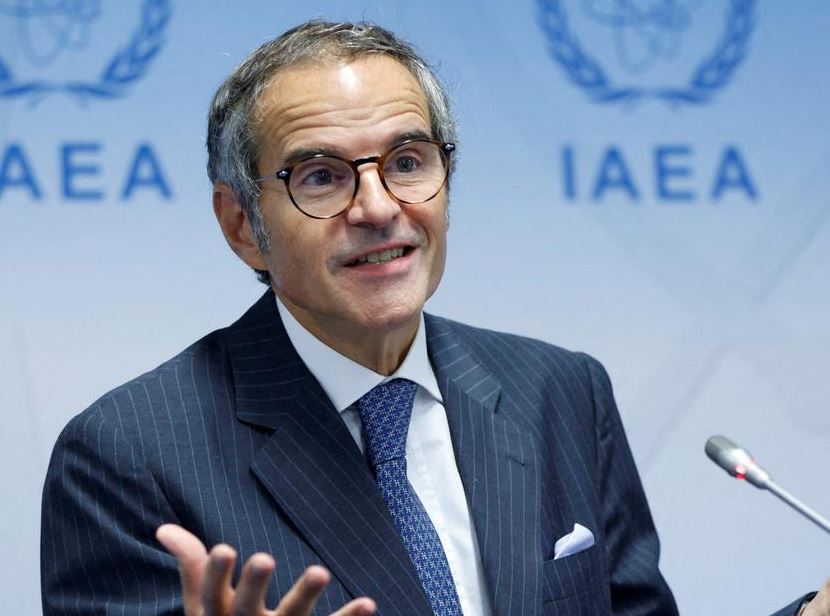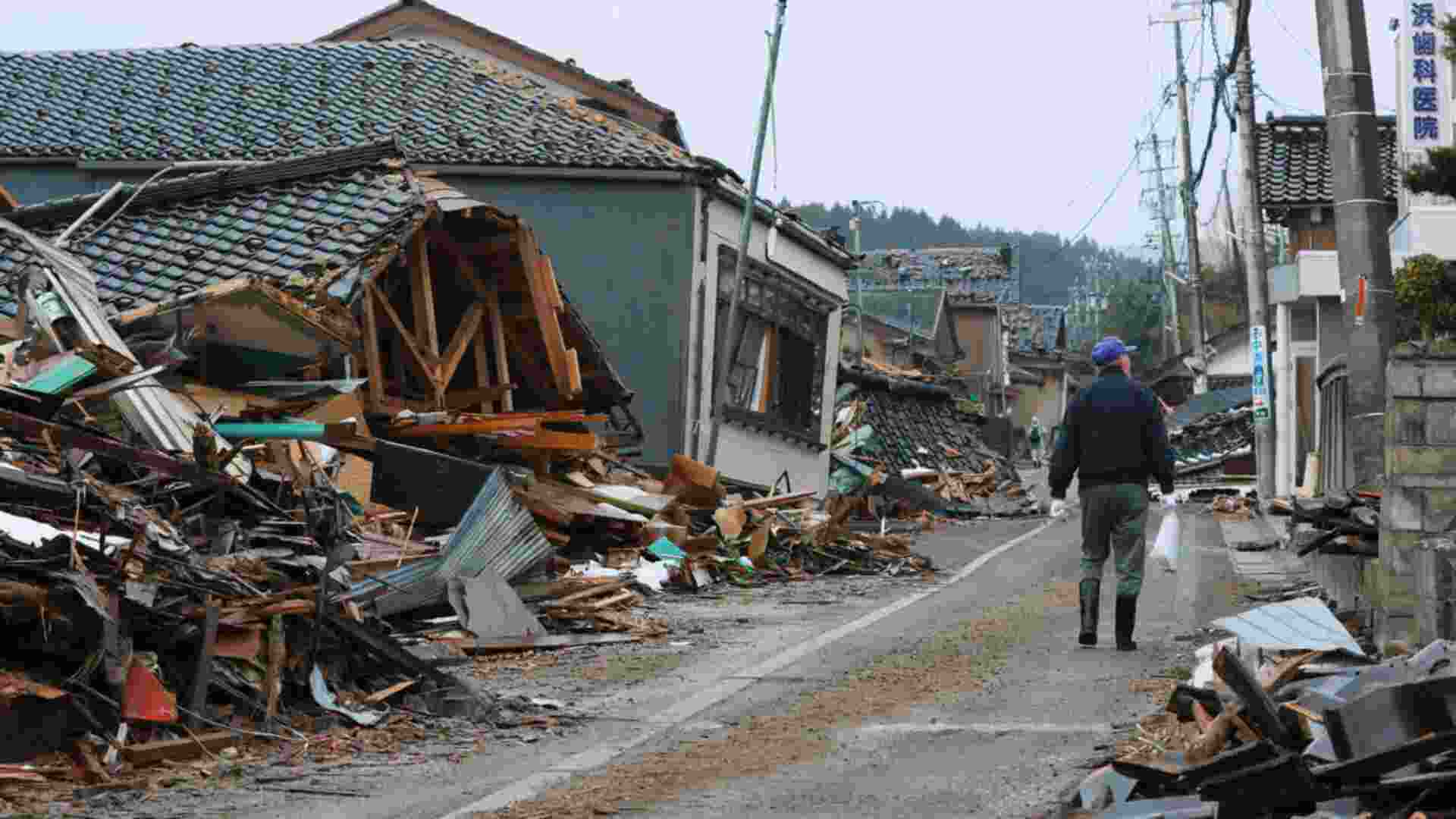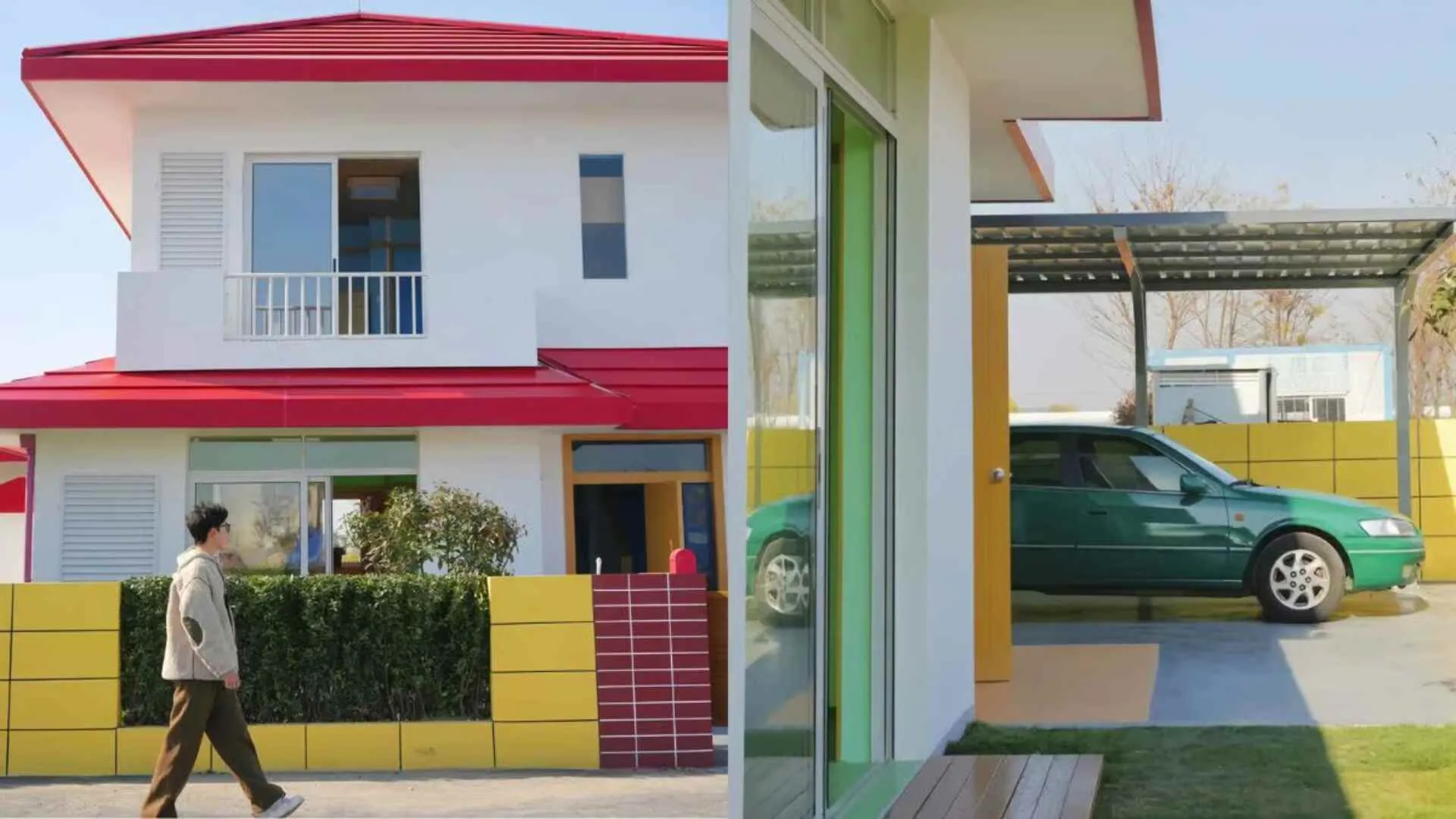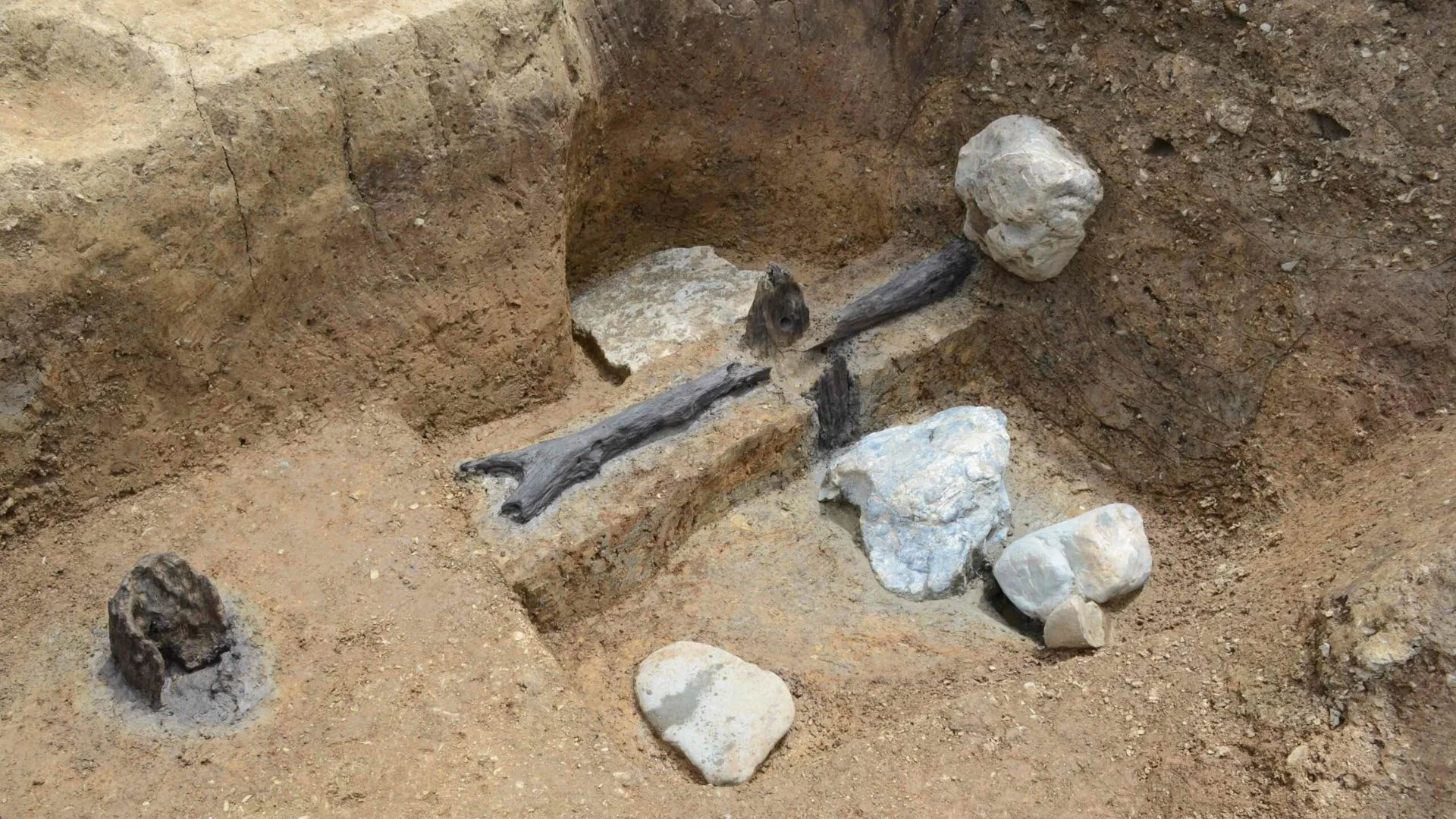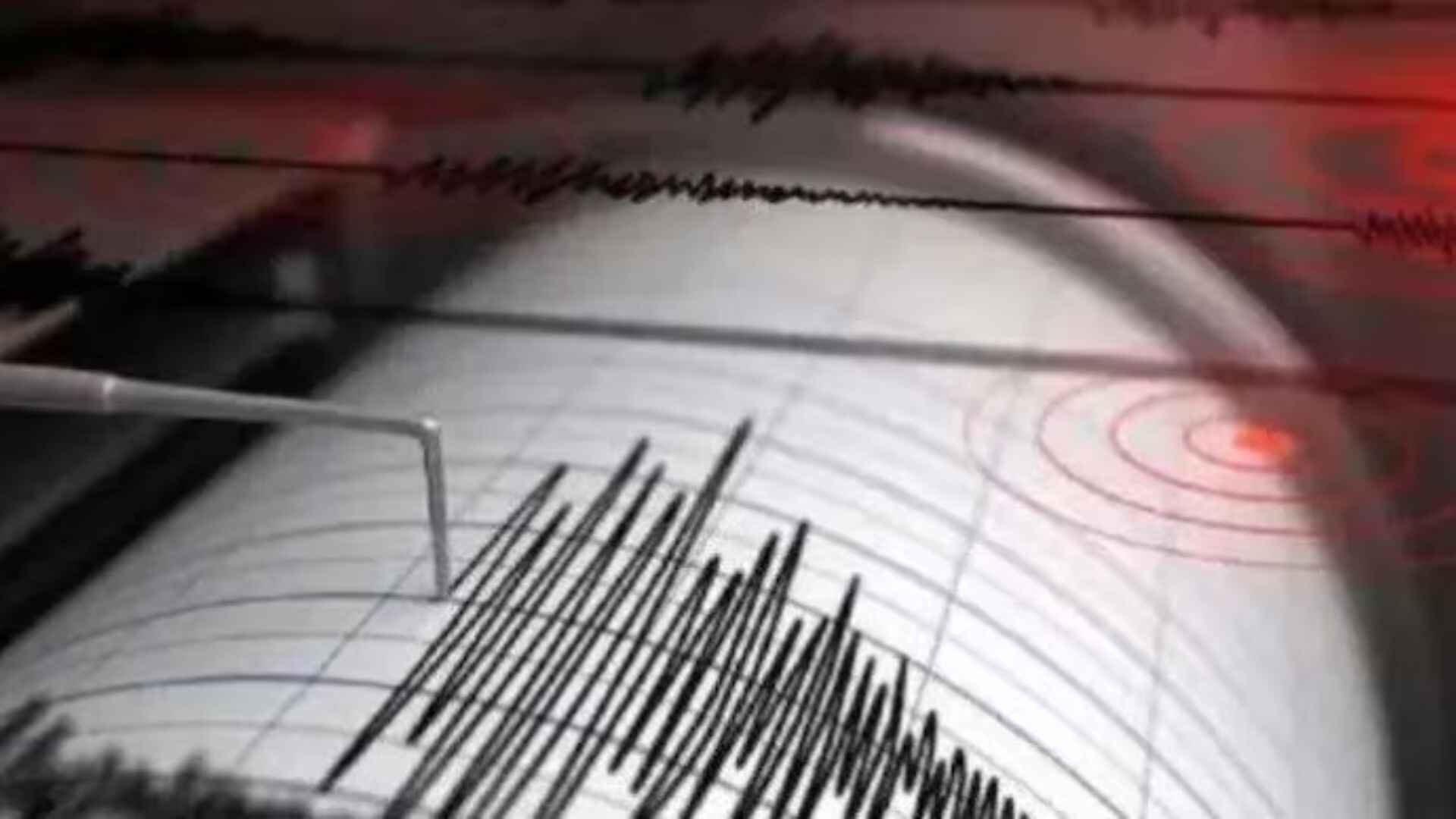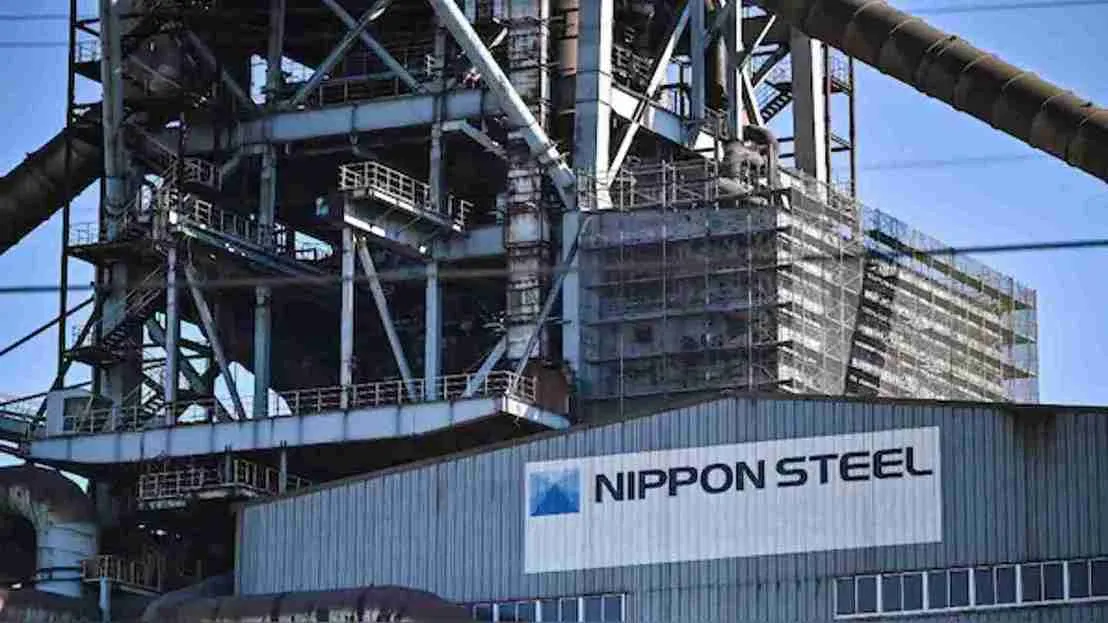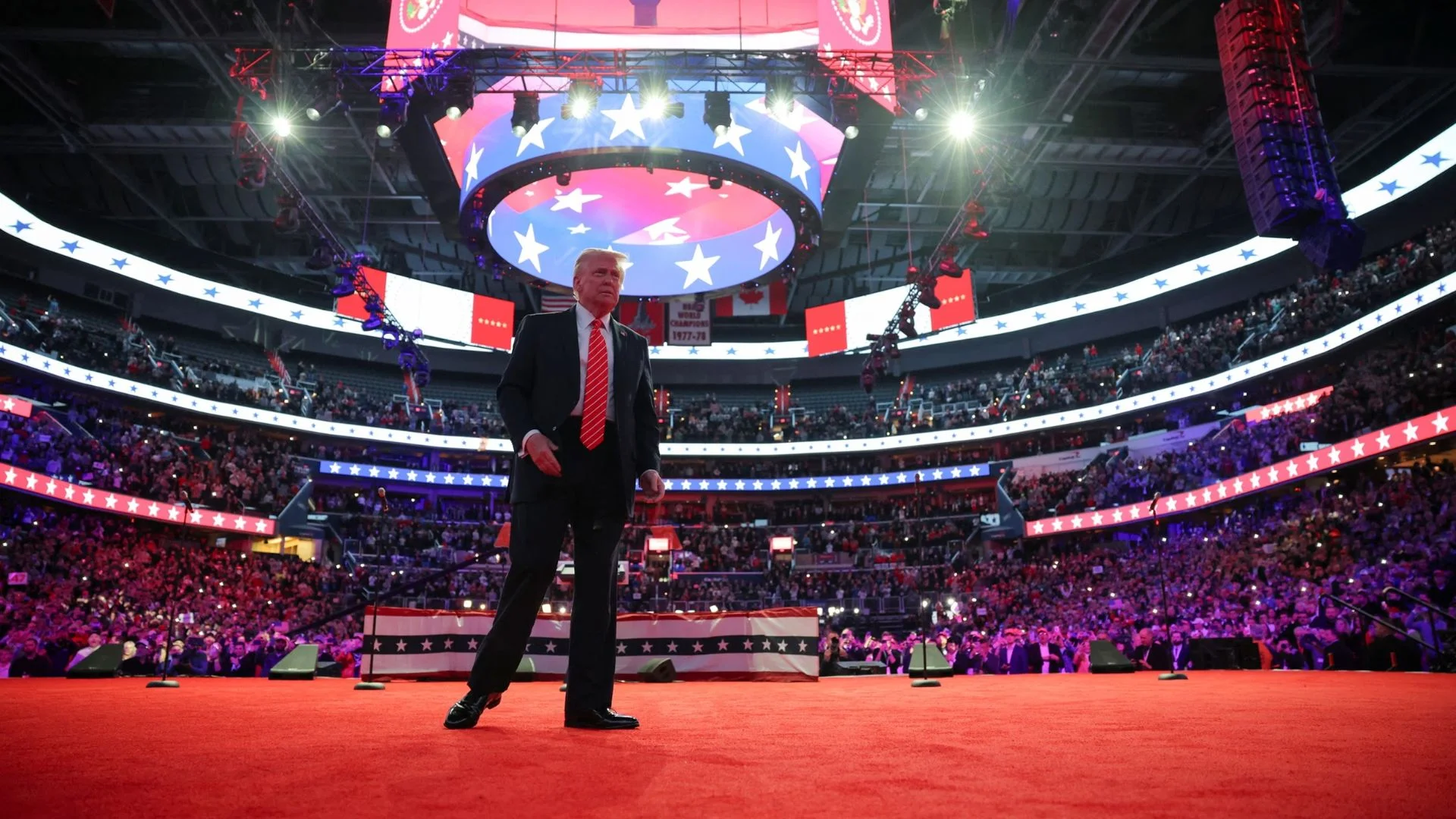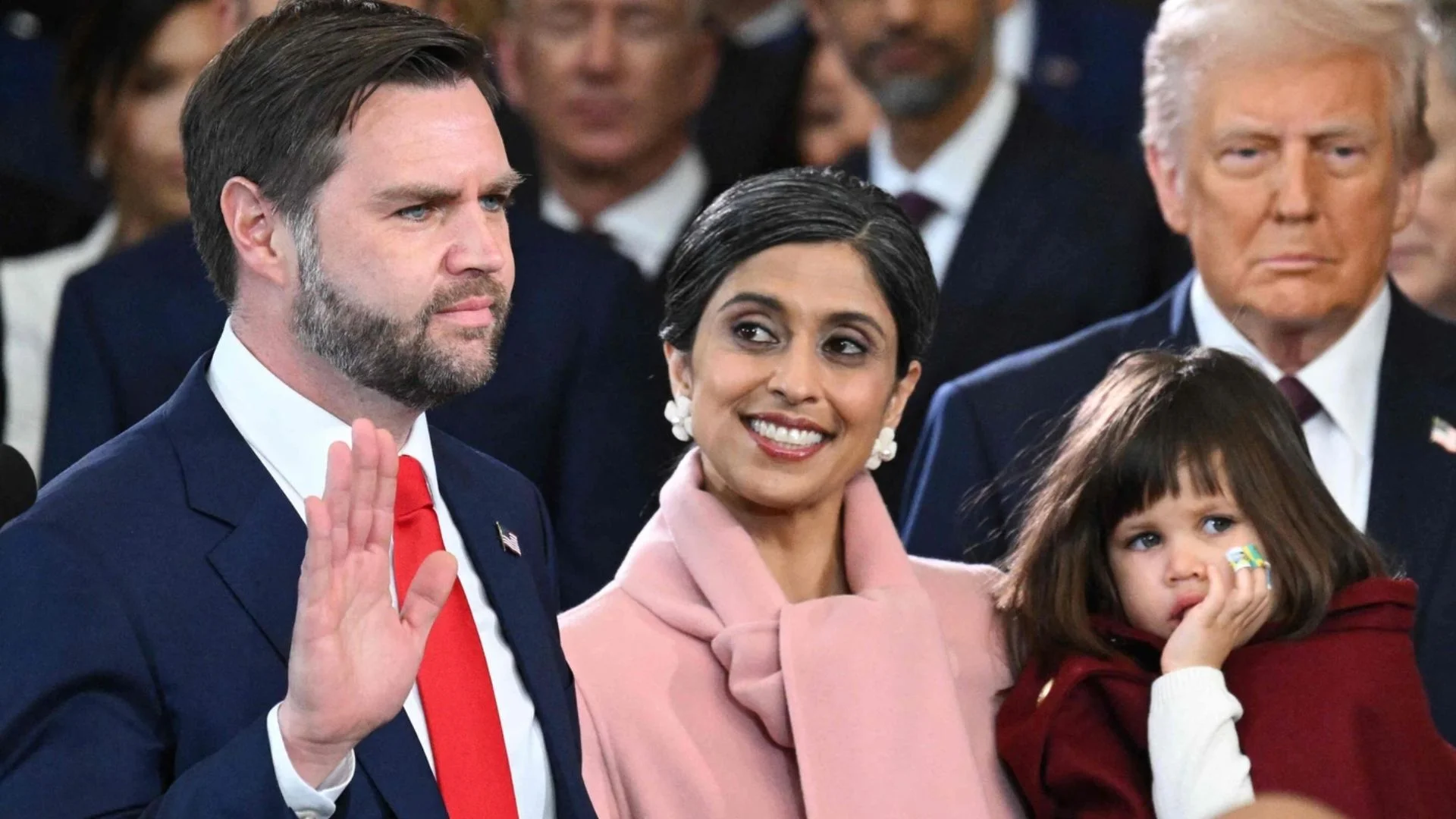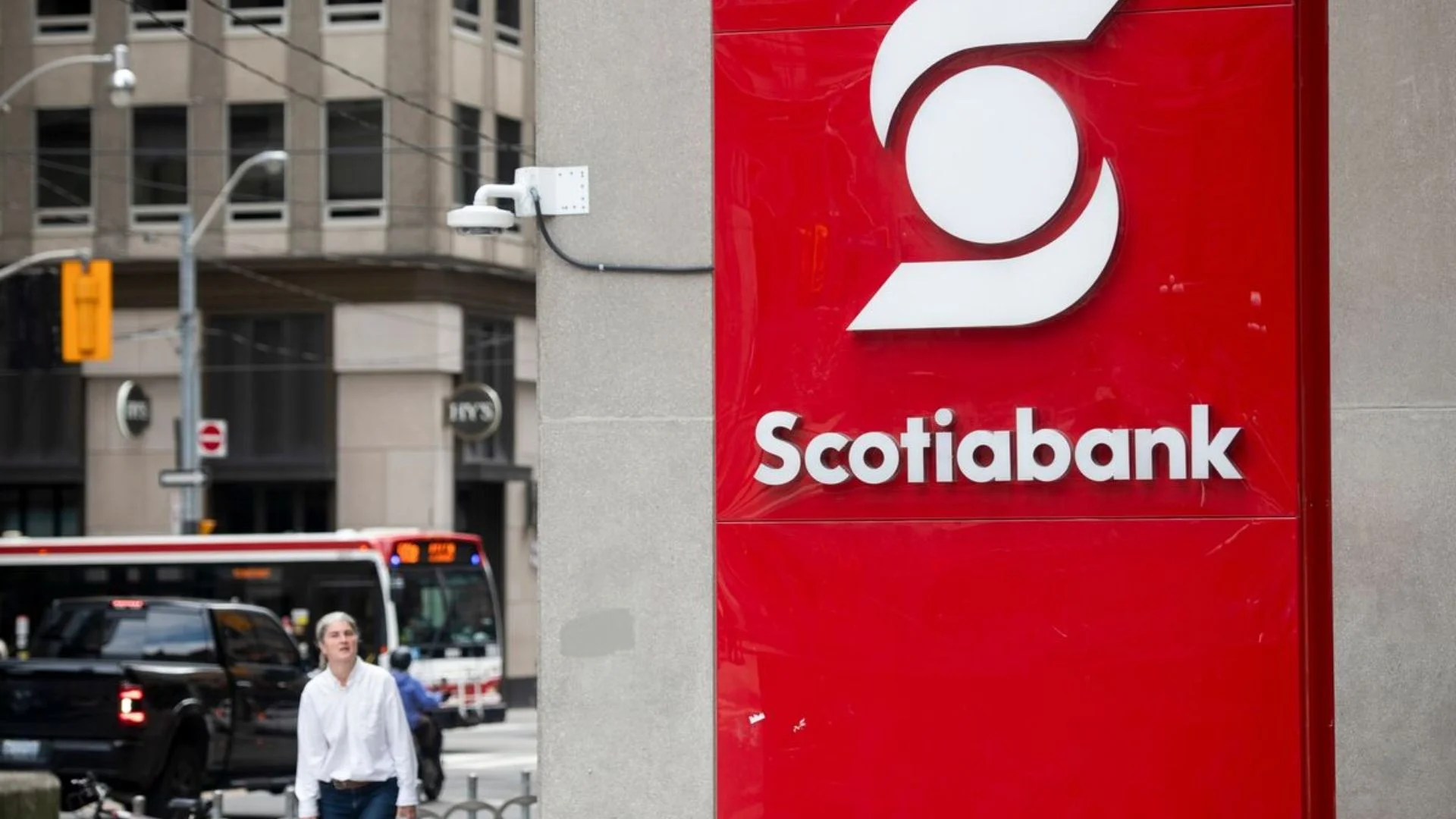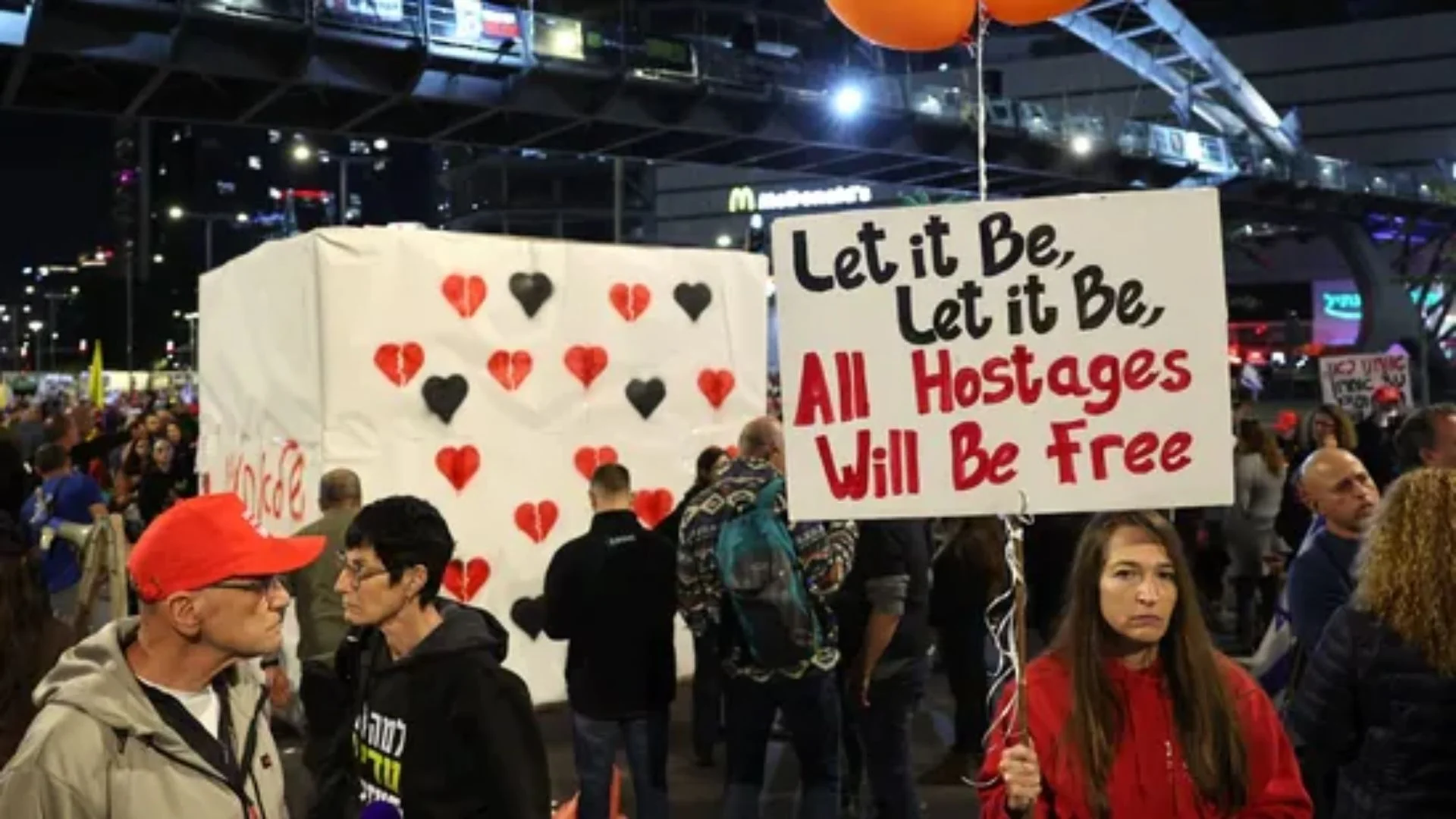The UN nuclear chief said he requested a meeting with Iran’s president on the sidelines of the UN General Assembly in an attempt to reverse Tehran’s ‘uncalled-for’ ban on ‘a very sizable chunk’ of the agency’s inspectors.
Rafael Grossi stressed that the Iranian government’s removal of many agency cameras and electronic monitoring systems installed by the International Atomic Energy Agency also make it impossible to give assurances about the country’s nuclear programme.
Grossi said he wrote to President Ebrahim Raisi telling him it is “very important” to meet about Tehran’s targeting of inspectors, including “some of the best and most experienced”.
“I’m waiting for an answer,” Grossi said in an interview with the media.
He also warned that escalating fighting is increasing the danger of a nuclear accident at Europe’s largest nuclear plant in Ukraine. Grossi said he is seeking to re-establish a dialogue with North Korea, which expelled UN nuclear weapons inspectors in 2009.
And he invited China to see how the IAEA tests treated water released from Japan’s Fukushima Daichi nuclear plant, which led Beijing to ban Japanese seafood.
QUESTIONING WHY IRAN IS PUTTING UP ROADBLOCKS TO INSPECTION
The IAEA chief said Iran has the right to determine who enters the country, but he said he didn’t understand why Tehran was withdrawing authorization for a “good number” of inspectors, which is “making my job much more difficult”. He called it a step in the wrong direction.
“It’s very difficult to get the expertise to go to very sophisticated uranium enrichment facilities with thousands of (centrifuge) cascades, lots of tubing and piping, and it requires … a lot of experience,” he explained. “So, when you start limiting that … I have to say, this is not good. Stop it!”
Iran has denied impeding the work of IAEA inspectors though it has also been years since its experts have been able to examine surveillance footage.
The Vienna-based IAEA reported earlier this month that Iran had slowed the pace of enriching uranium to nearly weapons-grade levels. That was seen as a sign that Tehran was trying to ease tensions after years of strain with the United States, and one that took place as the rivals were negotiating a prisoner swap and the release of billions in frozen Iranian assets — which all took place on Monday.
Since Iran started limiting the actions of IAEA inspectors a little over a year ago, Grossi said, the agency hasn’t been able to see how many centrifuges and parts needed to assemble them are being produced.
So when the IAEA has to draw a baseline of where Iran’s nuclear programme is, he said, “How do I do it?”
AN UPDATE ON OTHER NUCLEAR HOT SPOTS
IAEA Chief Rafael Grossi expressed deep concerns over the escalating military activities near Ukraine’s Zaporizhzhia nuclear power plant, a critical facility in the ongoing conflict. He initially urged a no-fire zone around the plant but later called on both Ukrainians and Russians not to attack any nuclear plant. The plant, located in Russian-controlled territory but mainly staffed by Ukrainians, faces mounting safety challenges. Grossi also highlighted the pressing issue of North Korea’s expanding nuclear program, emphasizing the lack of international monitoring since 2009 and calling it a worrying development. On the matter of water discharge from Japan’s Fukushima Daiichi nuclear plant, he reassured that daily monitoring indicates low levels of tritium, addressing concerns raised by China and South Korea.

